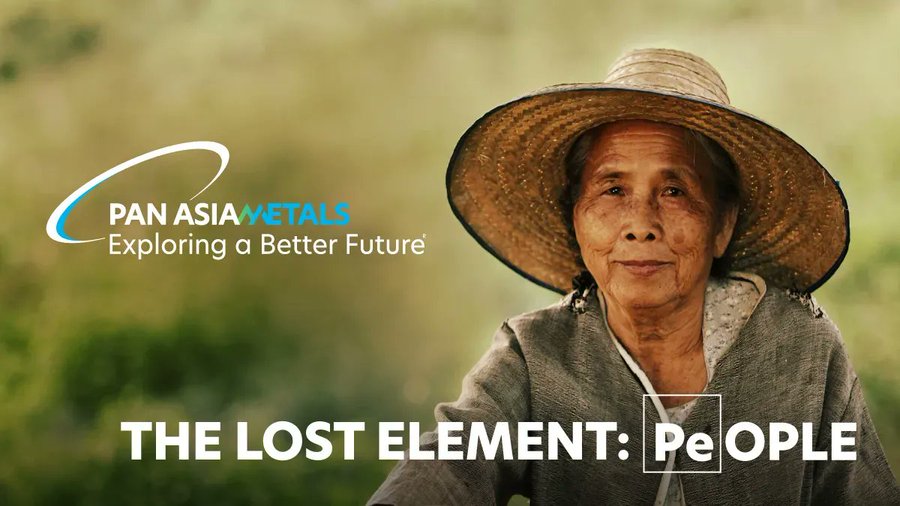Probably the most overlooked element in exploration is the local community. The people who own or occupy the land. Mineral products provide essential raw materials for our daily lives, so exploration is essential to the world at large — but we have to stay mindful of what we do and how it influences the local community. While we need to strike paydirt, we also have to strike the right humanitarian balance.
As the World Economic Forum (WEF) states in their 2020 report, listed in their ‘Dignity & Equality’ metric: “Without a mechanism for employees and other key stakeholders to report human rights violations, companies could miss opportunities to identify and mitigate such underlying issues.”
There are many complex social and political issues for an explorer to consider…
Corporate governance and standards is one. Often, developing countries have weak legislation when it comes to managing the impacts of exploration, and the use of tax and royalty revenues. This opens the door to corruption at the local level, which needs to be carefully navigated by principled explorers.
Another is Corporate social investment (CSI). Exploration can make a big difference to developing countries’ economies — but that wealth may not reach the local community. Responsible explorers look to contribute to local development, from simple sponsorships to infrastructure, there needs to be a considered pathway to wealth creation at the local level.
But perhaps the most critical two issues that explorers face, are the ones that hit the news headlines the most frequently: Indigenous peoples and Artisanal mining.
Indigenous peoples have a deep connection to the natural environment, and especially the land. Explorers working where traditional landowners rights are in play need to tread with caution and consideration, especially when they have long histories and strong connections with the land.
What’s more, although artisanal mining offers a source of income, it can lead to a minefield of potential problems. Not least because the sector is often unregulated, making it the source of most environmental damage, for example through the use of arsenic and mercury in artisanal gold mining.
We have a duty of care to tackle all these social issues with the greatest of respect. As the CEO of ICMM Rohitesh Dhawan calls it, “mining with principles… to maximise the benefit to the public of the operations…and the products that are so essential to the lives we lead.” Because when we lose sight of the people, the fallout can be catastrophic, as two examples from recent memory go to show…
In late May 2020, the world’s biggest iron ore miner Rio Tinto destroyed two ancient and sacred rock shelters in the Juukan Gorge, in the Pilbara region of Western Australia — one of which contained evidence of continual human habitation dating back 46,000 years.
Rio Tinto issued a statement saying it was sorry that the “recently expressed concerns” of the Puutu Kunti Kurrama and Pinikura (PKKP) people did not arise during discussions — a statement which PKKP rejected, noting that the significance of Juukan Gorge had long been emphasised. The blasts led to a public outcry and national inquiry, costing three top executives their jobs. It also led to more pressure on the industry to be mindful of local communities and their histories: a good outcome.
And later that year, investors worth US $10.2 trillion wrote to the boards of 78 miners asking for more information about how they manage their relationships with First Nations people.
Meanwhile, explorers in the Democratic Republic of Congo (DRC), which represents about 70% of the world’s cobalt supply, are facing long-standing and ongoing Artisanal mining controversies. These artisanal miners dig for very small quantities of cobalt, sometimes assisted by their children. Their ‘casual mines’ are far from safe, leading to injuries and deaths caused by the collapse of haphazardly dug tunnels. Child labour is also widespread, with the US Department of Labor estimating that more than 25,000 children work in and around the mines.
The good news is, in recent years sustainable development has been seen as an area of great importance all over the world — with industries evolving from mere environmental compliances to engaging in non-profit programs like corporate social responsibility and operating with a social licence.
But shockingly, precious few exploration companies listed on the ASX reference the UN’s Sustainable Development Goals in their charters. Only a few, like up-and-coming Pan Asia Metals (ASX: PAM), are making a start in the community space, with particular attention to Goals 1-4 and 6.
As explorers like PAM understand, both the explorer and the local community need to be engaged in the sustainability scope, sharing transparent and independent information. The community’s preference needs to inform the explorer’s decisions, and exploration should be approached with the local community in mind and with the promise of sustainable development.
And while exploration is essential to achieving a new energy future, there is a real need to ensure no errors of judgement are made that could leave the industry’s reputation tainted. Explorers need to be more mindful than ever that it’s not just what they produce that matters, but the way in which they go about it — without losing respect for the land and those who live on it.
We need to build longstanding agreements with local communities, instilling trust in them and forging confidence with governments, investors and the public alike. Because whatever elements we seek to unearth, the most important one walks above them.
People.
Written for Pan Asia Metals by Josh Bryer




